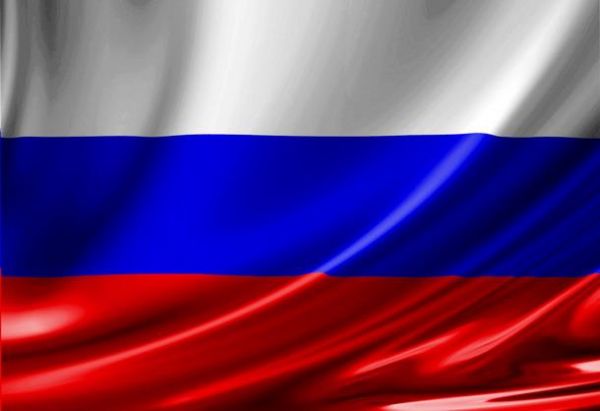Recommendations

- General recommendations for the accession to international agreements and conventions.
- General recommendations for adjustments to the legal framework.
- General recommendations for the executive bodies in the field of enforcement of law and human rights.
Experts recommend that Russia join the International Convention on the Protection of the Rights of All Migrant Workers and Members of Their Families (of 18 December 1990). Russia should also ratify the International Labour Organisation’s Convention concerning Migrations in Abusive Conditions and the Promotion of Equality of Opportunity and Treatment of Migrant Workers (24.06.1975).
Russia should finalise its anti-discrimination legislation by adding definitions of direct and indirect discrimination and an effective mechanism to prevent institutional racism. Furthermore, it is necessary to introduce clear and unambiguous definitions of “extremism”, “xenophobia”, “racism” and “discrimination” to prevent their incorrect or overly broad definition and application. Russia also needs to modernise its legislative base in terms of social support for temporary resident foreign nationals. Activists of banned organisations and reporters from xenophobic media outlets should not be allowed to conduct political activities.
Without compromising prosecution of criminal offences motivated by racial, ethnic or religious hatred, it is necessary to shift focus from the elimination of consequences to prevention of causes. Officials should not be an exception in this case. Xenophobic rhetoric and practices should be grounds for dismissal of government officials and journalists. Areas of “acceptable xenophobia” must be removed.
Without compromising prosecution of criminal offences motivated by racial, ethnic or religious hatred, it is necessary to shift focus from the elimination of consequences to prevention of causes. In other words, there is a need to educate tolerant attitudes towards “otherness”, be that political, social, religious or cultural differences. Therefore, the youth must be educated in interethnic dialogue, including intolerance to racism.
Educational courses are required for representatives of ethnic and religious minorities to get more information about their rights and opportunities. It is also important to introduce a program on anti-discrimination in the curriculum of teachers of secondary schools and higher education institutions.
Executive authorities, especially in the regions of Russia, should refrain from any actions that may be directed against human rights activists, their persecution and intimidation. It is important to ensure that the mechanism of the Human Rights Council, as well as numerous commissions under the President of the Russian Federation, begin to act in terms of not only consultations, but also the physical protection of human rights defenders, representatives of non-governmental and religious organizations, if they are unlawfully persecuted.
It is important to adopt a national plan of action in the field of human rights with clear and specific goals and indicators.
With the funding of non-governmental organizations being cut from the state budget (presidential grants), it is necessary to develop additional and alternative sources of financing that do not contradict the current legislation, but provide free and non-politicized access finance for all NGOs. For example, it may be necessary to revisit the question of writing off the amount of charitable payments from the taxable base of business entities.


